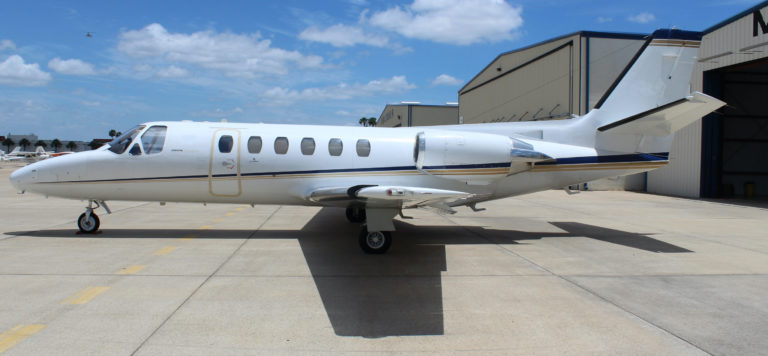An aircraft purchase is only the first of many expenses you’ll encounter as an aircraft owner
What to Expect as an Aircraft Owner
Aircraft ownership is exciting.
Unfortunately, ownership also comes with costs. The aircraft purchase price is only the first of many expenses.
Aircraft Management
An airplane is a complex asset that requires constant attention to make sure you can fly legally and safely. You can choose from three common aircraft management options:
Self-managed
Self-management is the most cost effective solution, but it requires a significant investment of time and energy. If you choose this option, you'll need to become familiar with your aircraft's maintenance program and regulatory requirements.
Chief Pilot-managed
If you choose to hire a full time pilot to fly for you, you might be able to strike a deal where they manage the plane as part of their duties. It does make sense given they will be familiar with the needs of the aircraft.
3rd Party-managed
The most convenient solution is to have an aircraft management company take care of your plane. This will come at an added cost, but the management company will likely provide pilots services, handle maintenance, manage documentation, and provide hangar space.
Flight Crew
If you’re like most new aircraft owners, you’ll be excited to jet off to an exotic location in your new jet the moment you take title. But unless you have a pilot’s license and a type rating for your aircraft, you’ll need to hire pilots to help you get around.
Like all things in aviation, your pilot arrangements will be determined by your mission and budget. The most common flight crew arrangements are:
Full Time Crew
If your travels are always in flux, it might be worthwhile to invest in a full-time crew. Your flight crew can be ready to go whenever a trip arises. This solution gives you complete flexibility in your travels.
Contract Crew
Contract crews can be a more cost effective pilot solution if you have routine travels or visibility into your travel schedule. Rather than pay your crew a full-time salary, you would pay per-diems based on your trips. This helps to reduce your cost, while allowing the pilot to also fly for other groups.
Maintenance
Maintenance is essential in aviation. Every part of an aircraft needs to be maintained according to pre-defined standards that were set when the aircraft was certified by the FAA.
There are entire undergraduate degrees dedicated to making sure aviation maintenance is done correctly, so this will not be a comprehensive overview. However, we think that you should be aware of two concepts as a potential aircraft owner.
The importance of choosing a reputable maintenance shop cannot be overstated. The quality of the maintenance shop will obviously impact your safety, but it can also impact resale value.
When you eventually resell the airplane, the next buyer will be interested in the “pedigree” of the aircraft. They want to ensure the aircraft has been properly maintained to the highest level possible. Broadly speaking, there are three levels of repair stations:
OEM Service Centers
National Franchise
The second tier of repair stations are large franchises with locations across the country. Repair stations in this tier are West Star Aviation, Standard Aero, Elliott Aviation, and Duncan Aviation. Buyers trust that repair stations closely follow manufacturers' recommendations.
Local Repair Station
Insurance
Insurance is an important, if less exciting, part of aircraft ownership. The specifics on insurance can vary drastically based on the exact model you purchase, though the cost of your insurance will be directly related to the value of your aircraft.
One point to note is that aircraft insurers have been tightening their insurance criteria in recent years. This has resulted in higher premiums and more stringent limitations on pilots.
Hangar
Once you’ve purchased your aircraft, you will want to protect it from the elements. The plane will likely be okay if you simply left it on the tarmac, but constant sun, rain, snow, and wind will be hard on the paint and interior.
The solution is to rent hangar space for your aircraft. The amount you’ll pay for the hangar space is dependent on two factors:
Aircraft Size
Larger aircraft will require more space in a hangar, which translates into higher rent. It will generally be easy to find hangar space for small and mid-size business aircraft. Large-cabin aircraft with long wing-spans will be more limited in their choices.

